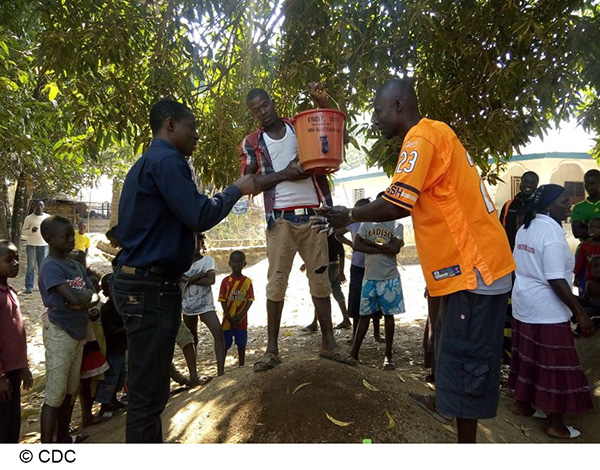The investigation of public Web searches allows us to expand the boundaries of public health research. We call this tool infodemiology. This portmanteau of informatics and epidemiology can be defined ...
Antimicrobial resistance (AMR) is a global public health concern. In 2014, an estimated 700,000 deaths were attributed to AMR globally and it is predicted that by 2050 this number could ...
The double burden of malnutrition, defined as the co-occurrence of undernutrition and overnutrition at the population, household or individual level, is evident worldwide, especially among children, and in lower and ...
One in every 500 people has Parkinson’s disease, which equates to 10 million people globally with the condition. Patients often have infrequent contact with their doctors, so large gaps exist ...
The Safer Deliveries programme: a digital platform to help pregnant women in Zanzibar deliver safely
Despite comparatively good access to health facilities and high rates of antenatal care, over half of deliveries in Zanzibar occur at home. Safer Deliveries, a programme designed and implemented by ...
Economic evaluations of health technologies, often known as health technology assessments (HTA), are notable decision making tools used to help allocate scarce health care resources more efficiently. In the UK ...
Cancer is seen as a growing health problem in Africa, with incidences and deaths expected to increase by 70% by 2030 (1). This is due to both the anticipated increase ...
It is often said that we are amidst a ‘data revolution’. With more data being generated than ever before, there is great potential for data analytics to transform clinical care, ...
Getting research published is a major milestone in a researcher’s career, but it often comes at the end of a journey fraught with challenges. In many low and middle income ...
Since the discovery of the Ebola virus in 1976 until the most recent outbreak, there were 18 recorded Ebola outbreaks that resulted in the deaths of 1,628 people. Almost seven ...










